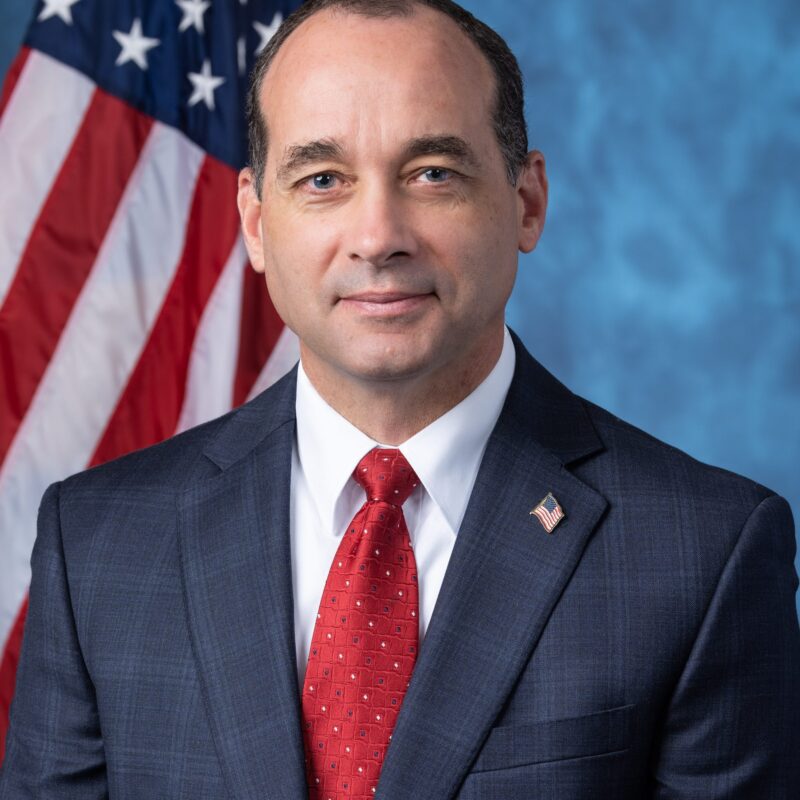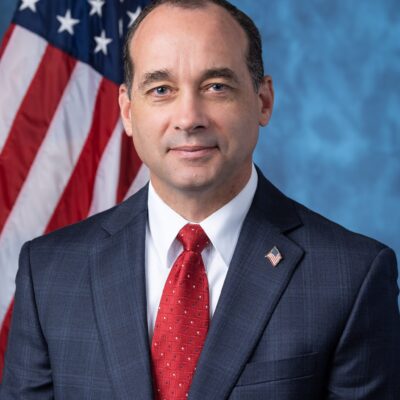I bought my first illegal CD a couple of Sundays ago. It did not feel wrong or illicit. I did feel like I was getting a good deal, though. Forty-one songs by Jay-Z and Nas for $5.99!
Presented under the moniker of DJ Kurupt—a.k.a. the Master Jedi—it’s a mix tape, a time-honored tradition in hip-hop going all the way back to Grandmaster Flash. As there was nothing as codified as hip-hop back then, the mix tape was an enterprising way around a lack of official distribution. In its origins in the late ’70s, a tape of a DJ’s set would circulate through a community, further extending the collective notions of music at the base of most cultures. The DJ was a folk hero, the tapes his disciples. He lived in a land where copyright was only a nagging afterthought.
Today, the mix CD is something else altogether, standing aside the most common of taboo products like the marijuana and crack pipes that are sold openly and illegally at small marts around town. Next time you’re standing by the checkout counter at one of these fine establishments, take a look at the “tobacco” pipes in a display case. Some bongs are priced as high as $80, others only a tenth of that. Some stores also sell scales—two kinds. One is handheld, the other is electronic and battery operated.
Pipes and mix CDs are a capitalist enterprise that should make all Americans proud. In a network of contractors and subcontractors, bootlegger to bootlegger, product makes it way from manufacture to distribution, fanning out and taking root in towns everywhere.
Last year, marijuana yielded the nation’s largest cash crop, and a study released in December estimates that pot production, at a value of $35.8 billion, exceeds the combined value of corn ($23.3 billion) and wheat ($7.5 billion). According to one source, crack is as common in Charlottesville as cocaine seems to be.
Of course, both are illegal substances. And so are the devices that are used to smoke them. Virginia code states that “any person who sells or possesses with intent to sell drug paraphernalia, knowing, or under circumstances where one reasonably should know, that it is either designed for use or intended by such person for use to illegally plant, propagate, cultivate, grow, harvest, manufacture, compound, convert, produce, process, prepare, test, analyze, pack, repack, store, contain, conceal, inject, ingest, inhale, or otherwise introduce into the human body marijuana or a controlled substance, shall be guilty of a Class 1 misdemeanor.”
The corner mart theoretically gets around this provision by posting the sign “For Tobacco Use Only” with the pipes. Then there are the so-called rose tubes that are preferred by crackheads. Sold for around $2, the glass tubes are four inches long and the width of a ballpoint pen, containing a plastic rose inside. Once the rose is removed and replaced with a crack rock the tube makes for an excellent inhaler. I bought my first crack pipe only days ago. I simply walked up to the corner mart counter and asked for a rose pipe. The proprietor reached under the register and handed one over. That’ll be $2.19, please.
Once in a while there’s an odd crackdown on paraphernalia. In 2003, U.S. Attorney General John Ashcroft announced the indictments of 55 individuals and head-shop businesses across the country. It was the War on Terror at a boiling point. Drug money fueled terrorism, everybody knew that. In a particularly high profile arrest, Tommy Chong was nabbed for a website that marketed bongs, in spite of the disclaimer scrawled across every Web page: “ALL PRODUCTS FOUND ON WWW.CHONGGLASS.COM ARE FOR LEGAL BLEND AND TOBACCO USE ONLY.” Arrested under U.S. Code Title 21, Section 863(a)—which states in part: “It is unlawful for any person to sell or offer for sale drug paraphernalia”—Chong served nine months in prison.
Mix CD producers have their own worries. The New York Times Sunday Magazine recently reported on a bust in Atlanta where local authorities, working with the recording industry’s trade association, raided a DJ’s studio and arrested him and a fellow DJ on racketeering charges. According to the Times, investigators seized more than 81,000 allegedly pirated CDs, saying the pair was producing unlicensed recordings and selling them without permission. A recording association executive said that authorities seized about 2 million unlicensed hip-hop mix CDs last year and speculated that sales of the recordings through websites and other channels could be running in the tens of millions of units annually.
Like drugs and the pipes to smoke it, the mix-tape CD is just one of the latest examples of the organic life of an illicit product and the void it fills. If there were not a need, it would cease to exist. Trying to stop it is futile. “I created a demand without really knowing what I was doing,” DJ Kurupt said in a recent online interview. He seemed as shocked as he was pleased. “People from the streets were asking about the drop dates for my tapes. It was crazy. I had to supply the demand.”





